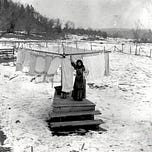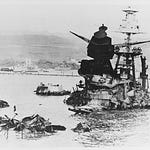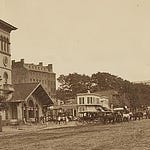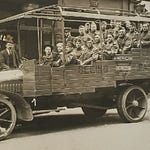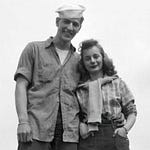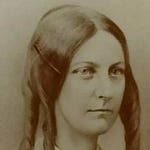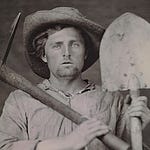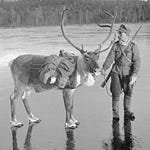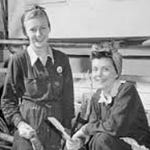It is October 1940 and chaos reigns.
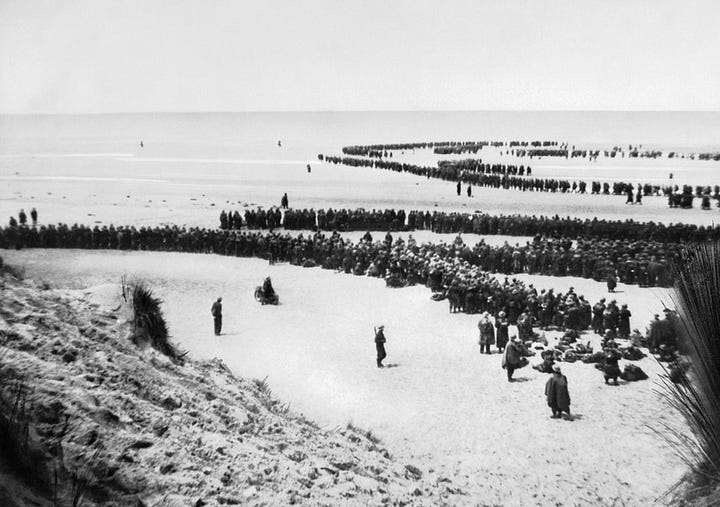
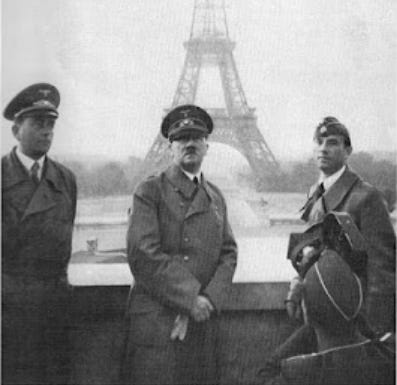
France has fallen and its puppet Vichy government has issued its first antisemitic legislation.
The remnants of France’s army are in Britain with the survivors of the British Expeditionary Force following their rescue at Dunkirk.
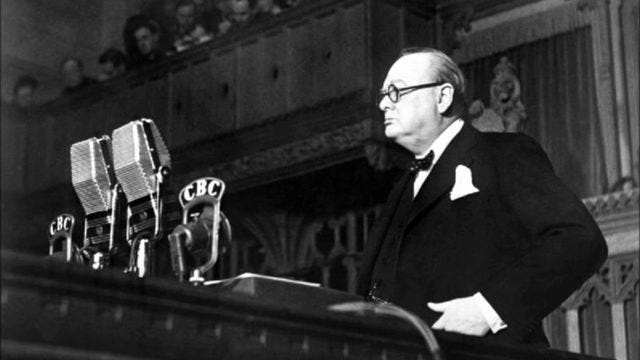
Winston Churchill has replaced Neville Chamberlain as Britain’s prime minister.
The Luftwaffe blitz bombing of Britain is in its final weeks and the RAF is conducting retaliatory bombing of German cities.
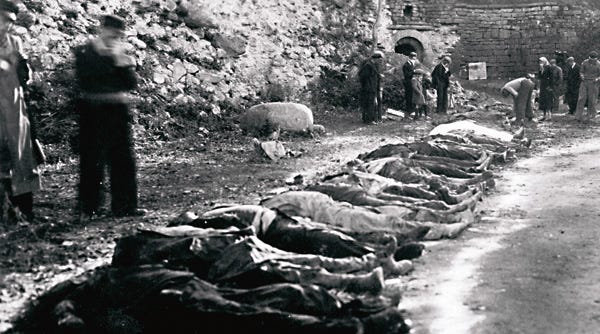
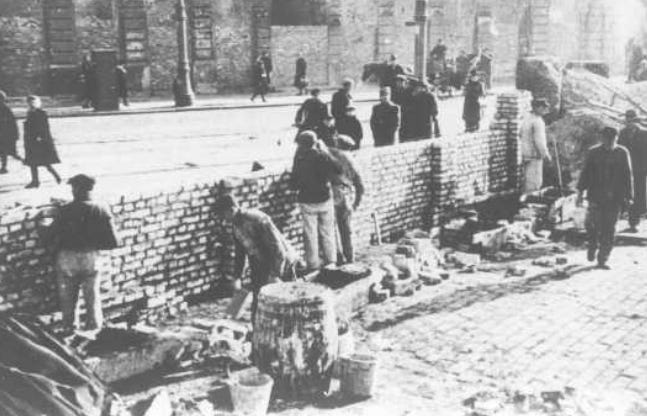
The Soviet Union has invaded the Baltic States and eastern Poland.
Nazi occupiers are driving Warsaw’s Jews into a walled ghetto.
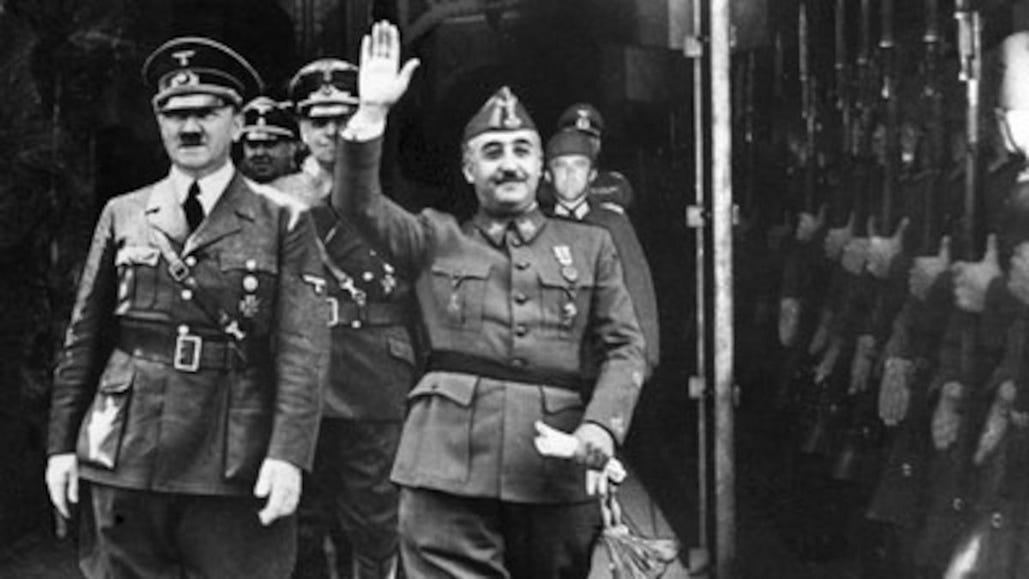
Germany, Italy and Japan have formed the Tripartite Alliance and Hitler is urging Spain to join.
Italy controls much of North Africa and has invaded Greece.
German troops now occupy Romania, a prize coveted for its oil reserves.
Japan occupies coastal regions of China and Southeast Asia.
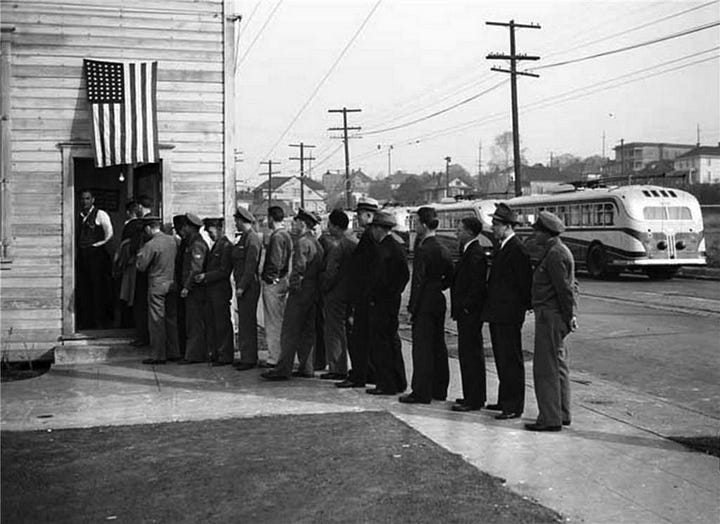
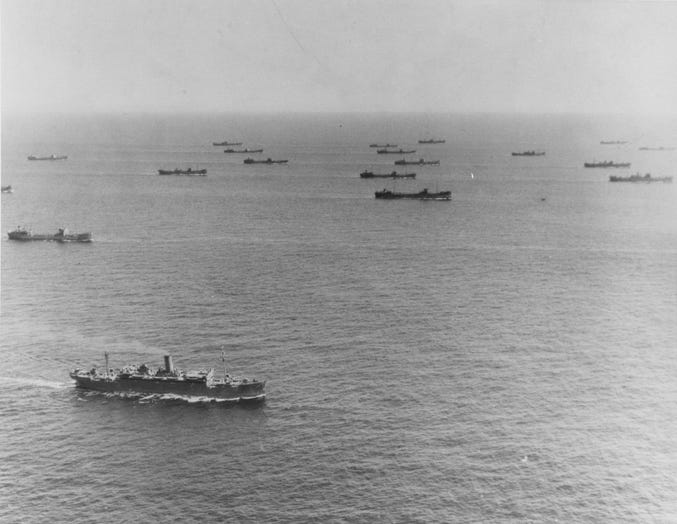
The US is neutral, but draft registration has begun.
Wolf-packs of German U-boats hunt US convoys of merchant ships carrying aid to Britain.
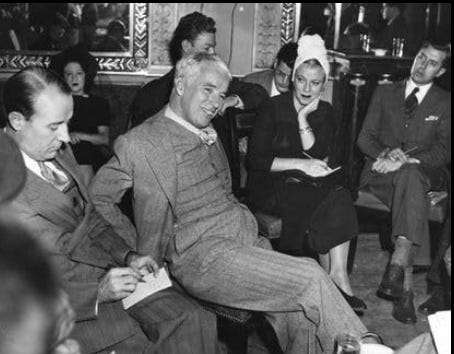
And Charlie Chaplin is in New York for the premiere of his film, The Great Dictator, a biting satire criticizing fascism, antisemitism and the Nazis.
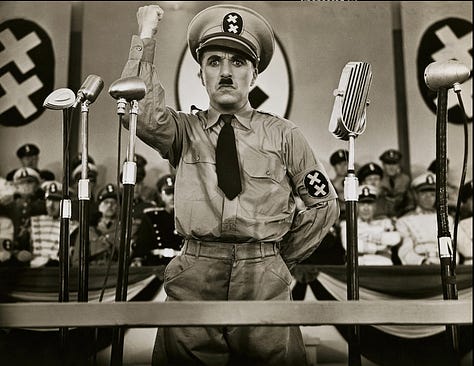
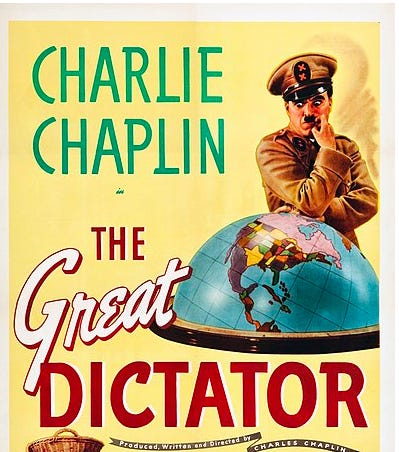
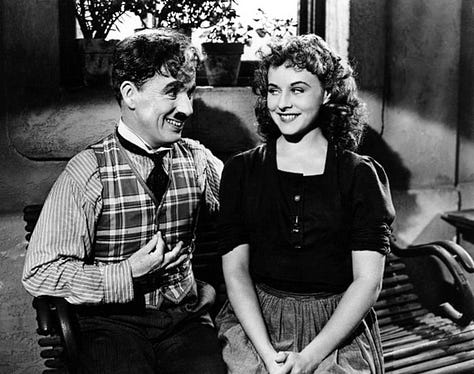
The film is historically significant and considered one of the greatest works of black comedy.
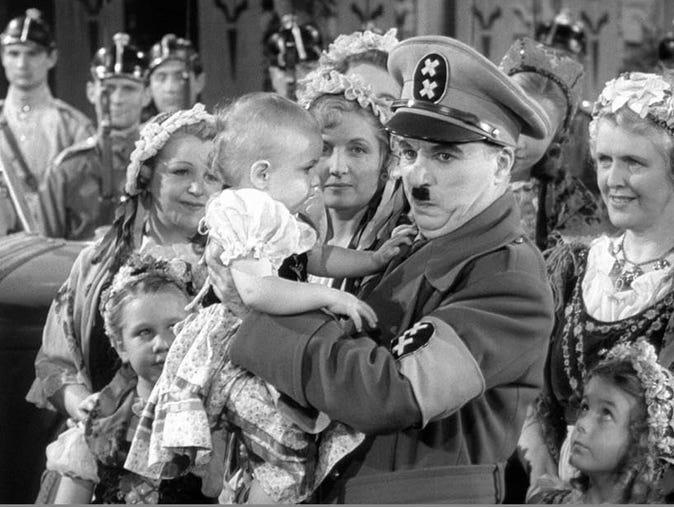
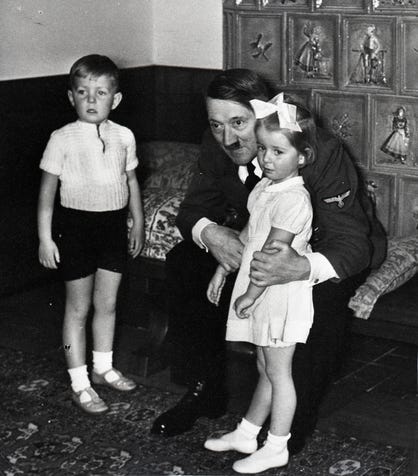
It ends with Chaplin’s speech dissecting the greed and cynicism which, then and now, lay at the root of fascism.
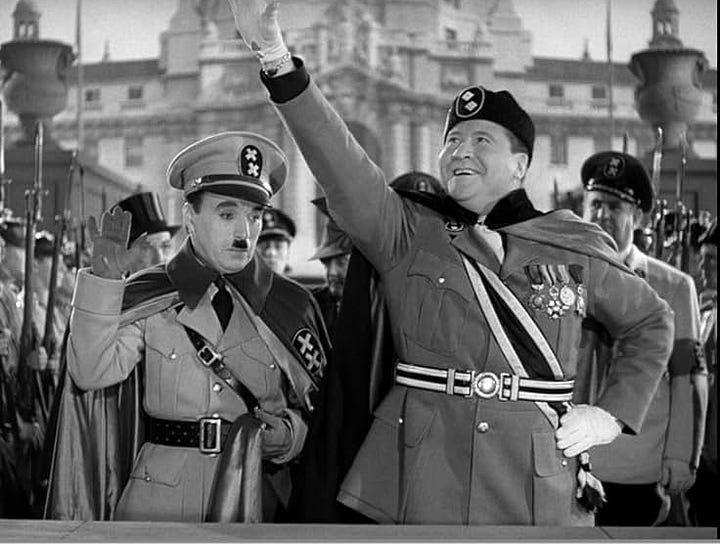
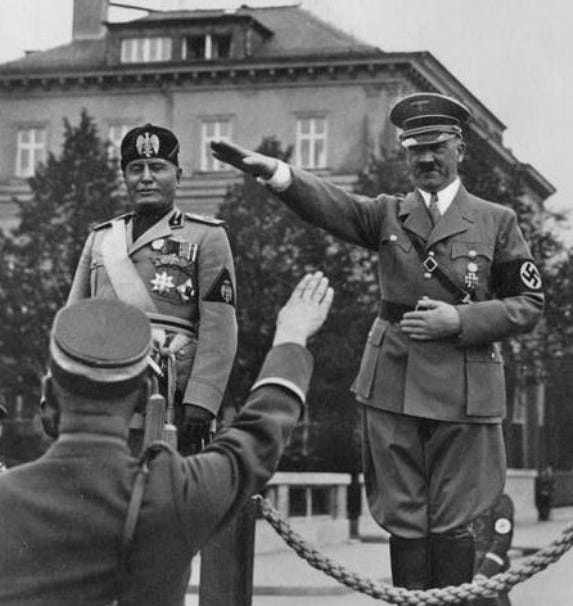
“Greed has poisoned men’s souls, has barricaded the world with hate,
has goose-stepped us into misery and bloodshed.
We have developed speed, but we have shut ourselves in.
Machinery that gives abundance has left us in want.
Our knowledge has made us cynical.
Our cleverness, hard and unkind.
We think too much and feel too little.
More than machinery we need humanity.
More than cleverness we need kindness and gentleness.
Without these qualities, life will be violent and all will be lost…
To those who can hear me, I say - do not despair.
The misery that is now upon us is but the passing of greed
- the bitterness of men who fear the way of human progress.
The hate of men will pass, and dictators die,
and the power they took from the people will return to the people.”
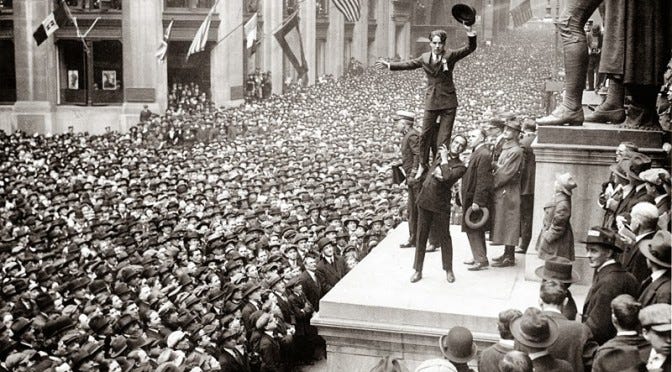
Chaplin was hopeful in 1940 — the bleakest of times.
I don’t know how he did it.
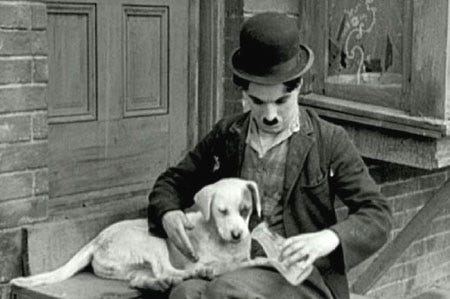
But it’s a good bet that in our dark time, he’d urge us to be hopeful, too.
******************************
I’ll see you tomorrow.
— Brenda


